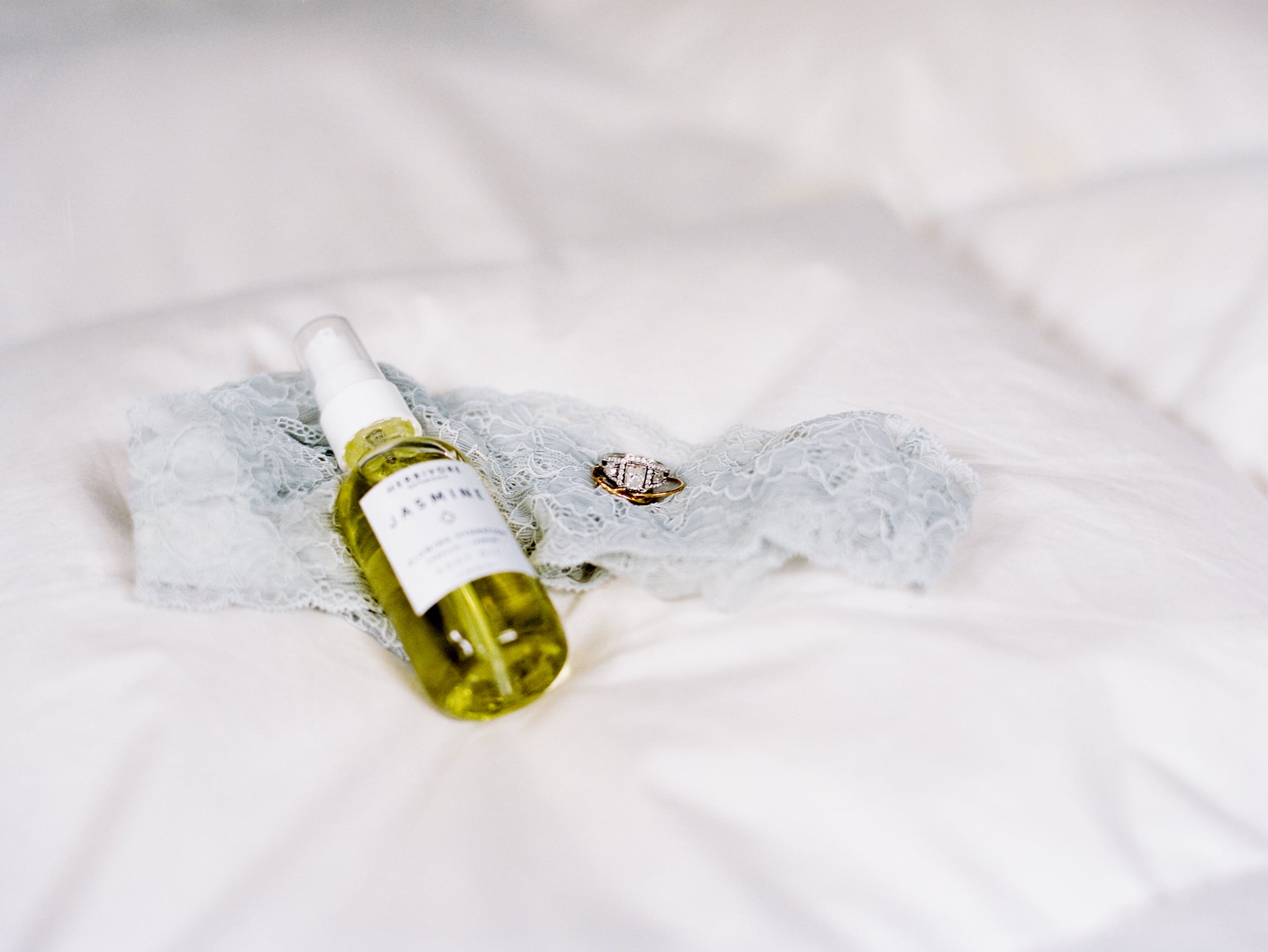

Using lubricant during sex can make it that much more enjoyable. It allows extra ease for both vaginal and anal penetration, but the question often arises: is lube actually safe? The short answer is yes - but there's more to it than that. There are different types of lubes made up of different ingredients, so in order to make sure you are staying safe, you need to know which one is right for you - and right for the moment. With so many varieties of lube out there, how do we know the ones to choose? Experts weighed in to help.
Water-Based Lubes
Water-based lubes are easy to find at any drugstore, but they're not all created equal. "Many water-based lubes contain parabens, which can mess with the natural hormones in your body," said Antonia Hall, MA, a psychologist and relationship expert. Some also contain glycerine, which can lead to irritation and yeast infections. "Opt for a natural water-based lube that won't contain parabens, glycerin, and carcinogenic phthalates," Hall said.
The best thing about water-based lubes is that they won't damage condoms and sex toys, so they're an easy addition for all types of solo and partnered play. They also won't stain your sheets. "The downside to water-based lubes is that they can evaporate quickly, requiring additional lube. They also don't hold up well in water, should you want additional lubrication during shower or pool sex," Hall said.
It boils down to what the person likes to use and their specific conditions; for example, if infertility or low fertility is an issue, then "sperm-safe" lubricants are used. Using water-based products can help lubricate the rectum or vagina, which can help prevent tears and reduce pain due to friction.
Oil-Based Lubes
These are the oil products you might already have at home like baby oil, massage oil, coconut oil, or olive oil. "Like water-based, they're not all recommended, because any additives like scents and dyes can cause irritation," Hall said, adding that baby oil and petroleum products are never recommended.
Coconut oil, pomegranate seed oil, and jojoba oil are great options, because they shouldn't cause irritations or mess with your pH levels. "Oil-based lubes last longer than water-based lubes and are great for wet play like shower sex. Never use oil-based lubes with condoms or latex toys, as the oil will damage the latex. Oil-based lubes can also stain your sheets, so throwing a towel beneath you is highly recommended," Hall said.
"Oil-based ones may make condoms slip and therefore increase risk of infection transmission more, therefore water-based is still more protective because it doesn't make the condom to slip," said Dr. Arash Akhavein, a urologist at Comprehensive Urology in Los Angeles.
Silicon-Based Lube
Most of the big lubricant makers have a silicone version. "Silicone lubes last longer than water-based lube, won't break down condoms or latex toys, and work well in water," Hall said.
However, silicone is a toxic ingredient that coats wherever it's applied and is difficult to clean off of you. "It works well for anal sex, because it stays slick, but reapplying a natural water-based lube is going to be much better for your body. Silicon-based lubes should also not be used with silicon-based sex toys," Hall said.
"Silicone-based lube effect lasts longer, and it has no water, also does not get absorbed through skin, but may damage sex toys made of silicone," Dr. Akhavein said.

0 comments :
Post a Comment